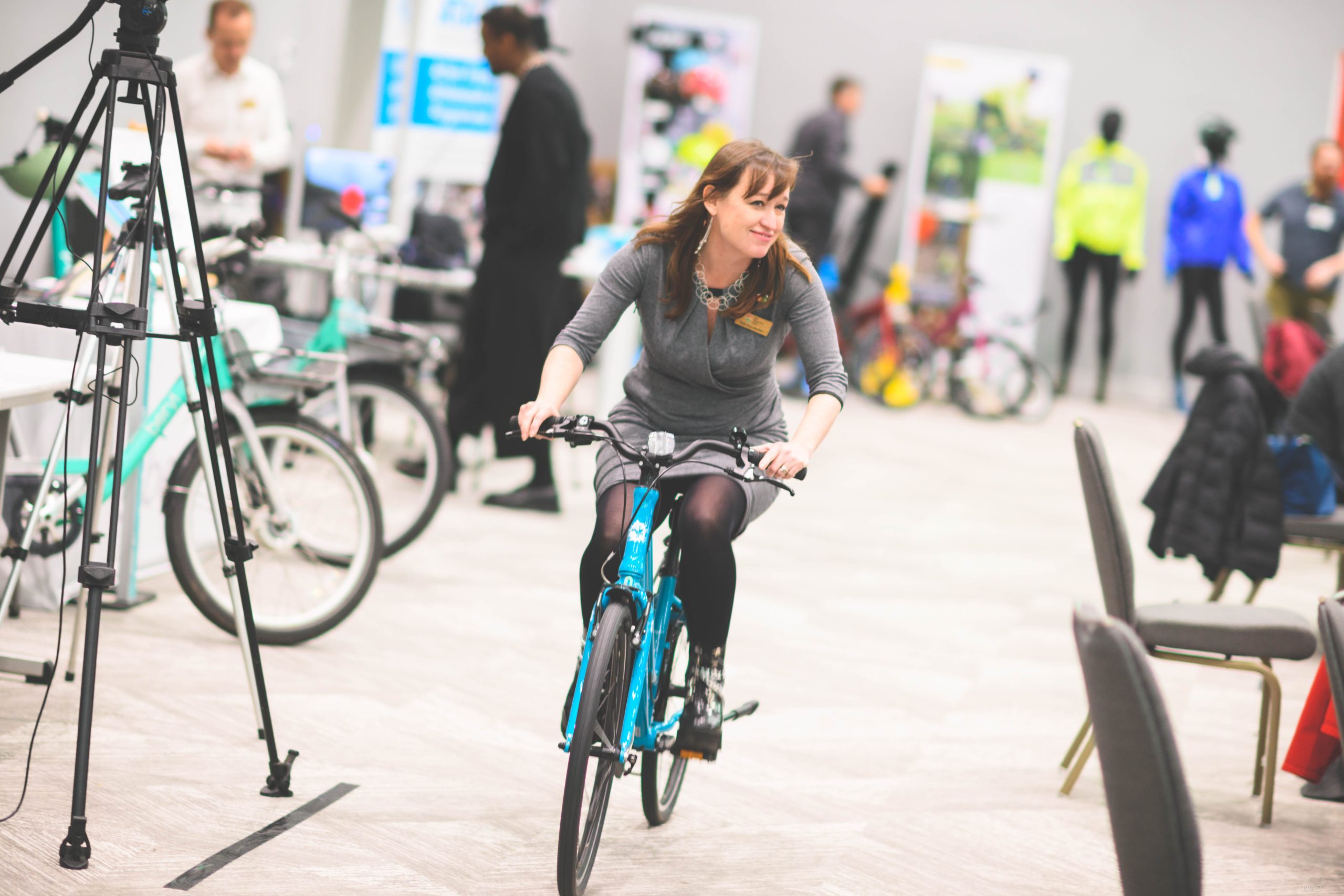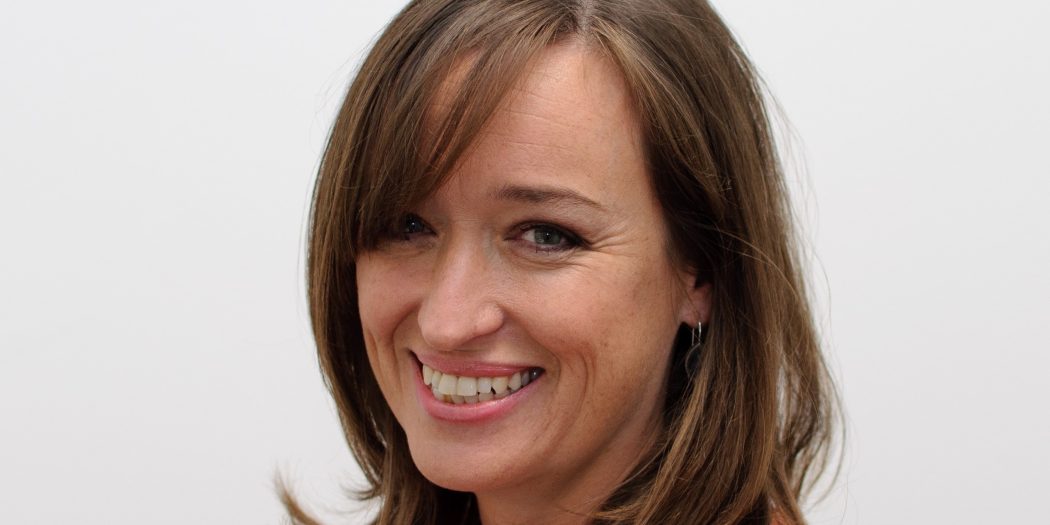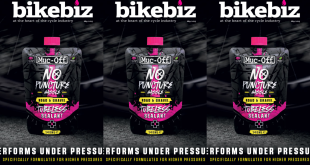In May, we announced the 18 people who would judge each category in this year’s BikeBiz awards.
To allow you to get to know the judges better, we’ve asked them all to give us insight into who they are, what they do and a little more about them.
Next up is Emily Cherry, CEO of Bikeability (one of this year’s award sponsors). Relatively new to the cycling industry, but making a big impact through her work, with years of experience in the charity sector.
You’re on a call or you meet someone at an event, when introducing yourself (and having to sum up many years in a few words), you say?
Everyone in this industry has a unique ‘origin story’ that set them on this path. What was that for you, and how did that initial spark evolve into the professional journey you found yourself on?
It was there that I fell in love with working for charities. Purpose and service. After 25 years or so working in the really dark world of child protection and abuse prevention, what appealed to me about Bikeability was that it is a part of childhood that was joy, fun and opportunity. A life skill we can make sure every child gets. That inspires and motivates me.
Given your role as a judge for the BikeBiz Awards, if you could pinpoint one innovation or trend within the cycling world over the past decade that you believe has been truly transformative, what would it be, and why does it stand out to you?

Delving a little deeper into judging, what are you going to be looking for when looking at the shortlists for each category, regarding who you might vote for?
Looking five to ten years down the road, what’s a ‘blue sky’ idea or a radical shift you love to see happen for the cycling industry that you believe has the potential to truly reshape how people move and interact with bikes?
I’d like to see 20mph limits where people work and live, encouraging more to cycle. The cycling industry has a huge role in helping to shift attitudes to cycling and making it the choice for everyday journeys.
Among your many contributions to the cycling industry, are there any projects, initiatives, or achievements that stand out as your absolute proudest, and what made it so personally significant for you?
We have taken a significant focus on widening participation and inclusion in Bikeability. When I joined in 2020, around 1% of our delivery was with Special Education Needs and Disabilities (SEND) children, yet the national average in the school system is over 15%. We took a multi-faceted approach to improving it. First, clear data collection, mandatory on rider characteristics, so we can see who we are reaching.
Second, a focus on mandatory inclusion training for our instructors is designed with leading charities like Wheels for Wellbeing and Wheels for All. Thirdly, we increased grant funding with dedicated SEND funding to promote inclusion. We’ve risen rates to nearly 10%, so still some way to go, but I’m proud that we can show progress to every child taking part in Bikeability.

Throughout your career, the industry has likely undergone significant changes. Have there been any shifts you’ve personally experienced that required you to adapt, and how did you navigate that change?
The last five years have seen significant political and public shifts in attitudes around cycling. The emergence of the culture wars has led to much more hostility on the roads toward cyclists, even children, which is shocking. Throughout this period, we have stayed a positive beacon, moving away from over-dramatising language to create fear and stoke division, and focusing on the joy and love of cycling for children.
We’ve also transformed our data reporting to show the impact of Bikeability through different lenses, namely school travel, health and leisure cycling. Focusing on the future for children has been our constant message to create change.
If you could offer some advice, whether something you were told, or a hard-won lesson you learned, to those working in the cycling industry that you believe might resonate or help them in their role, what would it be?
If we want everyone to cycle, then find ways to support everyday cycling and not focus on the sport as the pinnacle of the cycling world. It’s just as important to pop to the shops on a cycle.
 BikeBiz Bicycle and cycling retail news
BikeBiz Bicycle and cycling retail news





